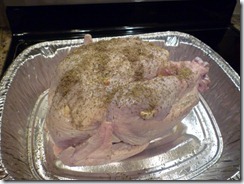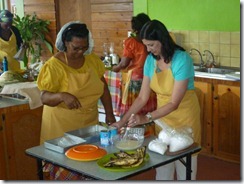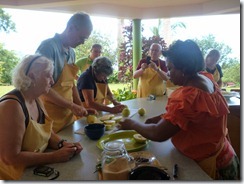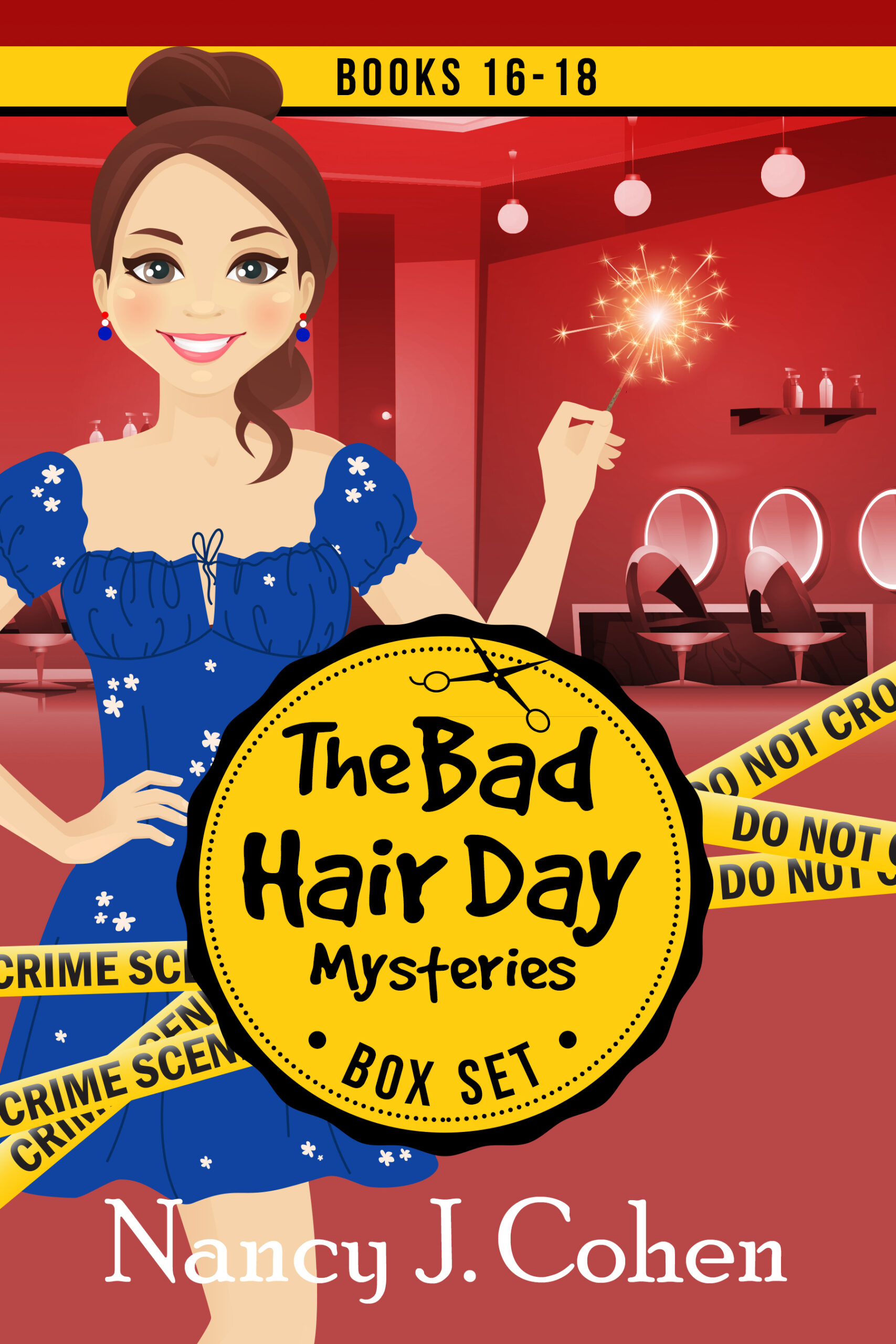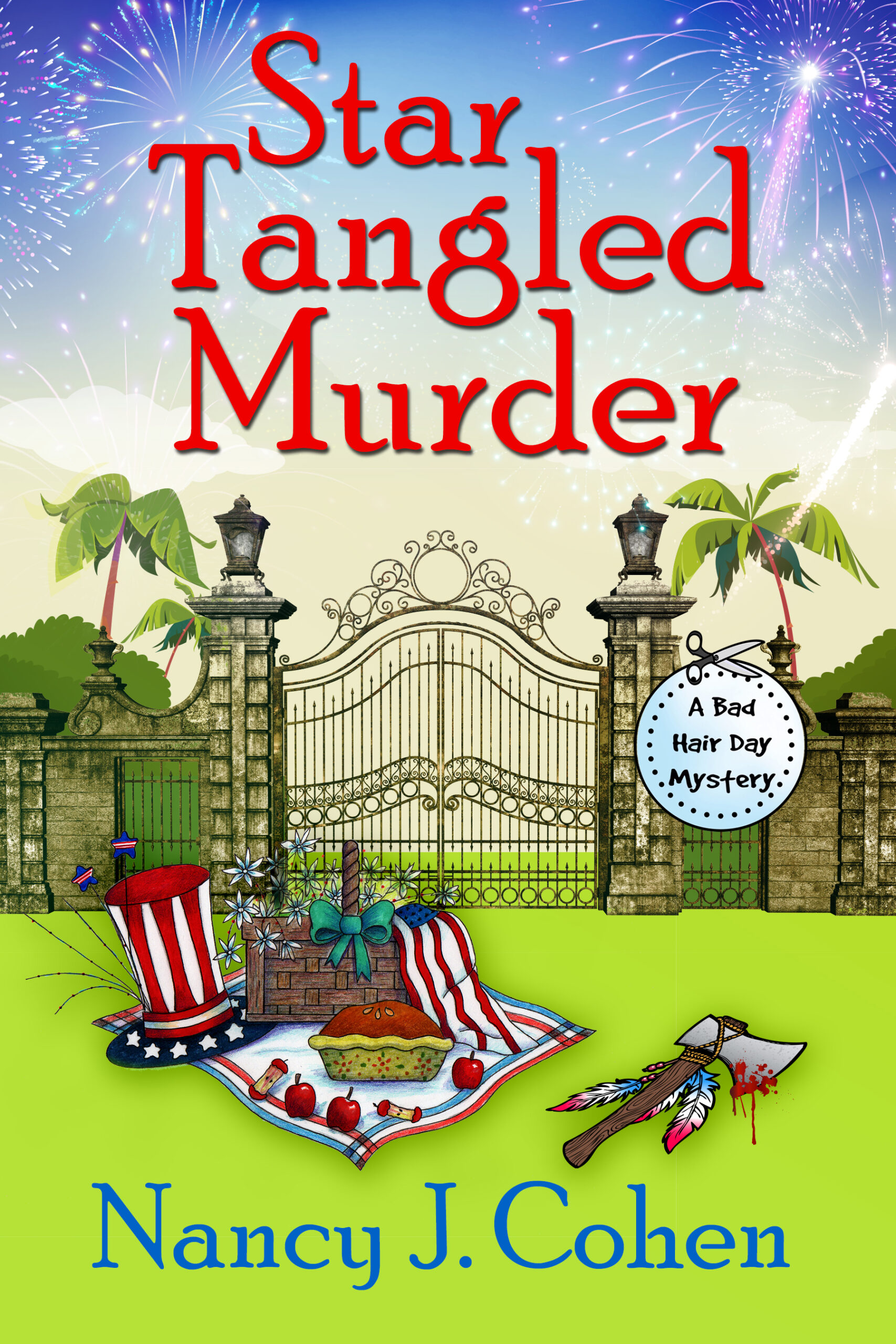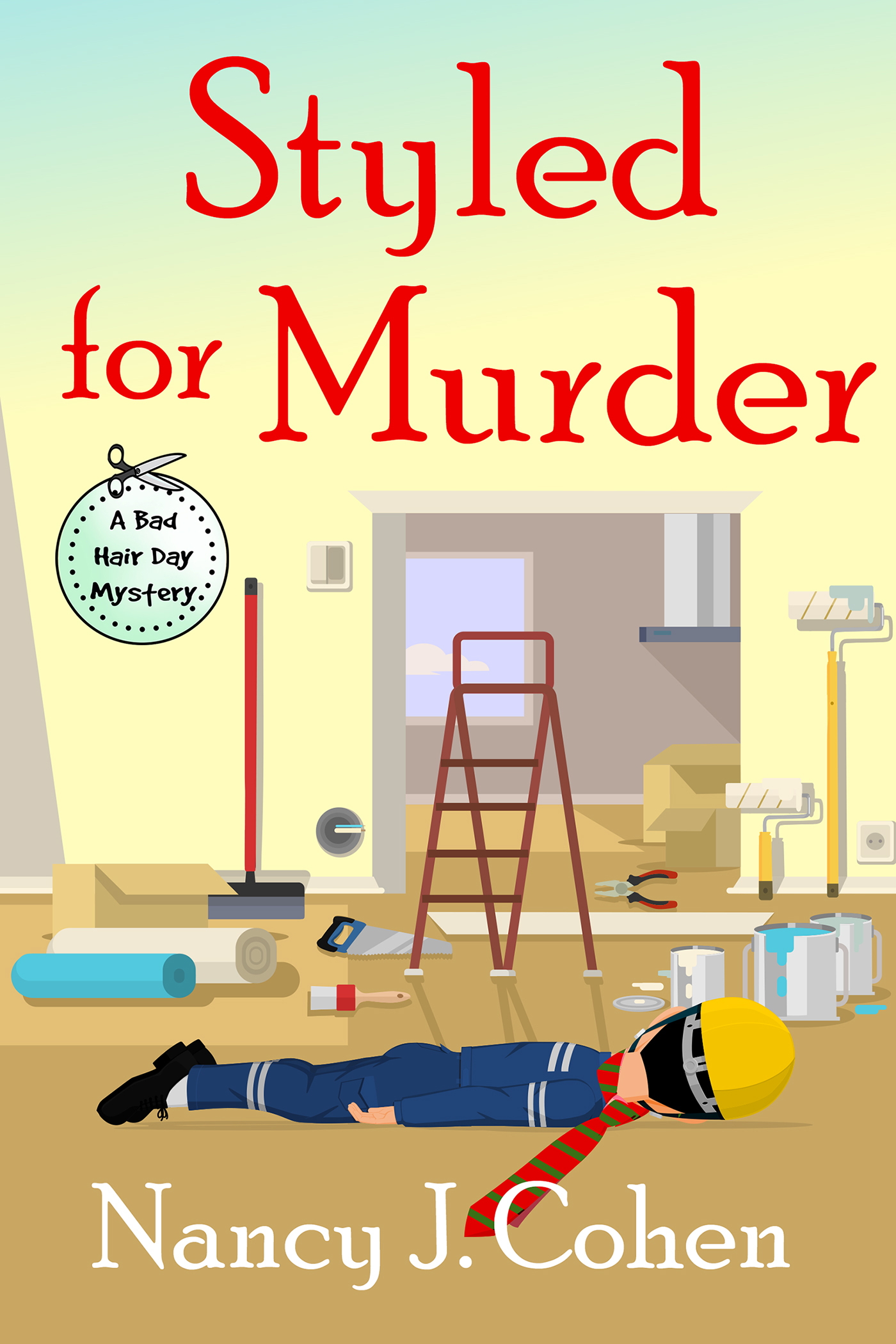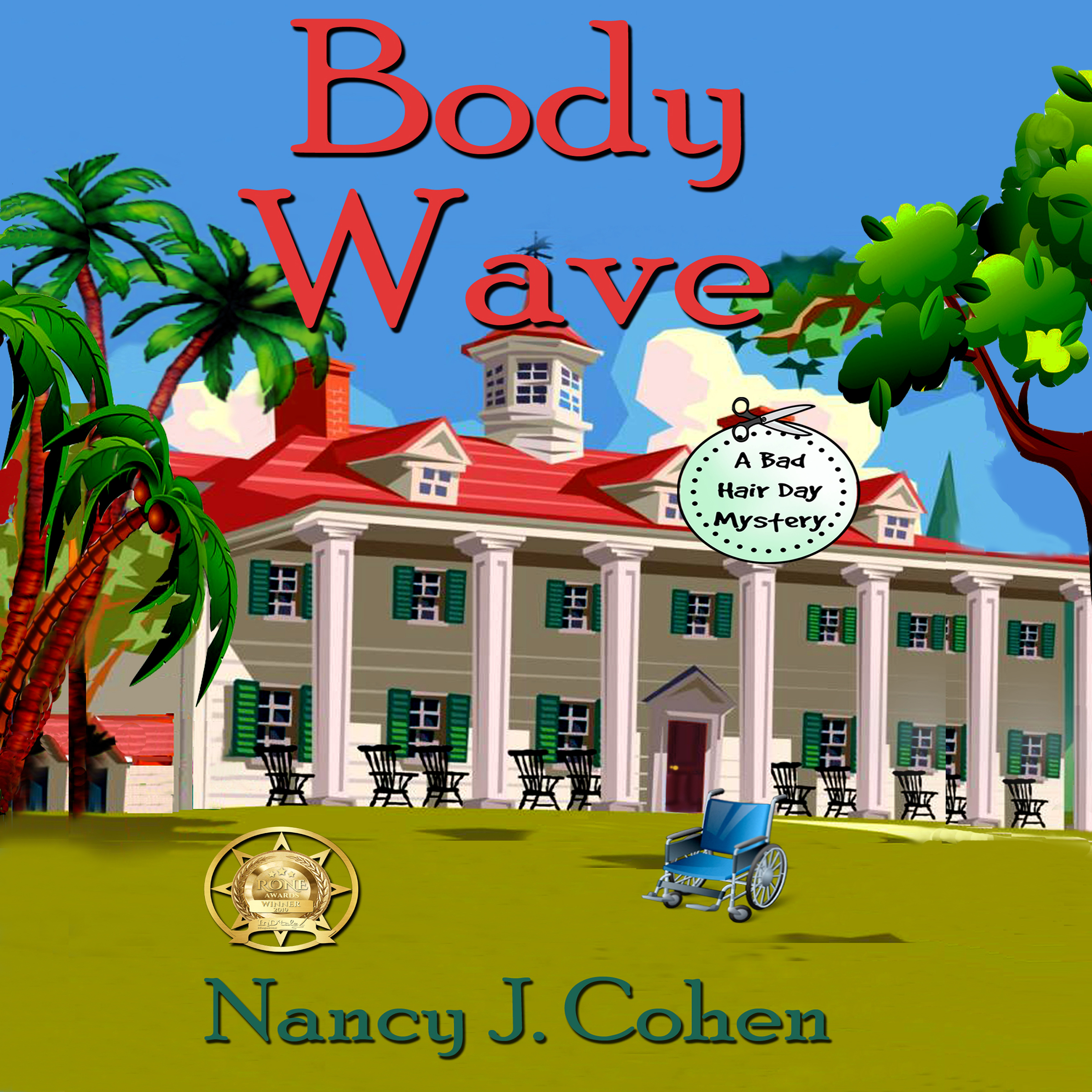When Are Revisions Done?
Newbie writers often ask, how do you know when to stop revising and send in the work? There’s no easy answer as each of us goes through our own self-editing process. Revisions are never done. Every time you read through your work, more things pop up to fix. So when should you quit? When the story is as good as you can make it for now, and you’ll plotz if you have to go through it one more time. But all is not lost. You’ll get another chance to make corrections and tweak your phrasing during the editing phase.
Finishing your manuscript and doing second or third drafts is only part of the equation. Once your story is finished for good, you need to go back to your synopsis. Why? The story probably branched out in new directions since you began, and you need to update this important marketing tool.
You should also check through the submission guidelines and format your work accordingly. Different publishers prefer different fonts and line spacing. So get it right before you submit anything.
Check your front and back end materials to make sure everything is there. Besides the title page, in the front may go any endorsements you’ve gathered, dedications and acknowledgements, world building details like maps or casts of characters. At the end go your biography, author’s note if any, and any bonus materials like recipes in a culinary cozy. Again, see if your publisher requires anything else.
Once you have accomplished all these tasks, then you are ready to submit. Does the publisher want you to attach any ancillary materials, like cover art sheets or permissions or cover copy blurbs? This may come before or after a sale. Be certain you have these forms filled out.
Then write your cover letter and send the submission.
Here’s a quick checklist:
· Proofread your final draft for timeline consistency, character continuity, repetitions, word choices, spelling.
· Verify any research as necessary.
· Check all loose ends to make sure you’ve solved them by the story’s finale. You may want to review your plotting notes to see if you have left anything out.
· If a series, include a hook for the next story.
· Write a reader discussion guide during your final draft.
· Jot down blog topics for your blog tour.
· Rewrite your synopsis to match the finished story.
· Format your manuscript according to publisher guidelines.
· Prepare requested ancillary materials to attach with your submission.
· Submit your work and cross your fingers.
I am in this phase now which is why I’m not blogging too often, posting on FB, etc. Getting the book done amidst the holiday frenzy is taking my total concentration. I’ve gone through the manuscript, so now I have to format it to the publisher’s guidelines and fill out the required forms. Then I’ll send my baby out into the world.
Is there anything you would add to this checklist?











